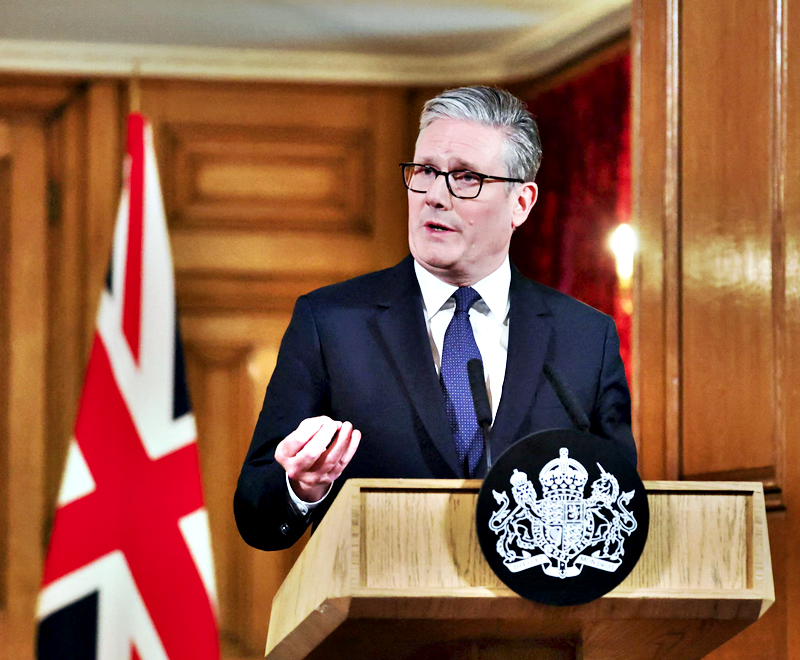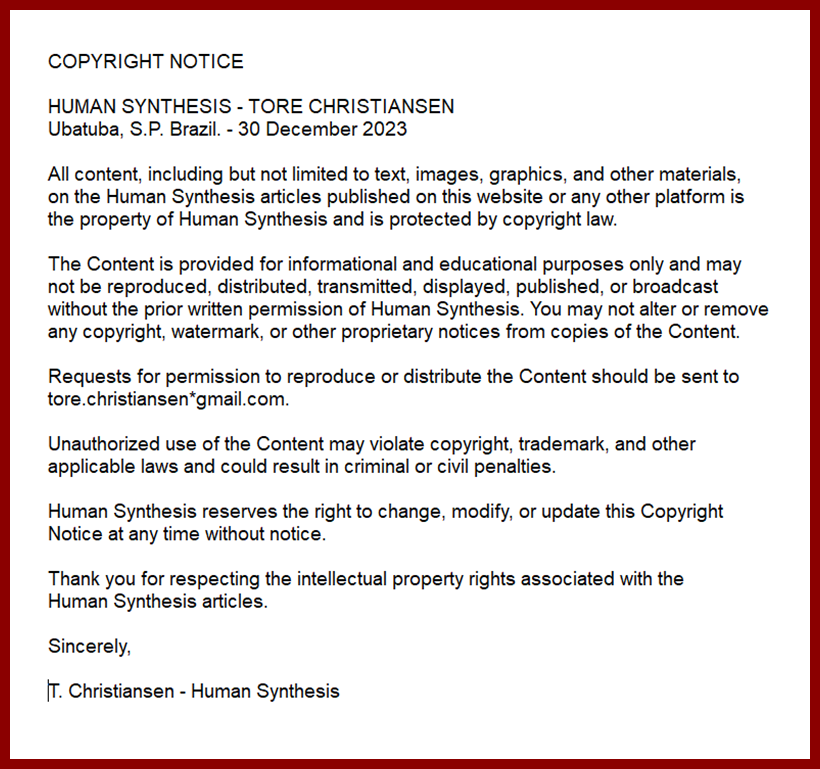UK, Canada and Australia announce formal recognition of Palestine, with wave of Israel’s allies to follow

By Guardian - Patrick Wintour - Sun 21 Sep 2025 15.46 BST
Partly symbolic move by up to 10 states comes amid fears Israel could respond by annexing parts of West Bank. A wave of Israel’s allies are announcing their recognition of the state of Palestine, as part of a wider manoeuvre designed to ostracise Hamas and challenge attempts by the Israeli government to erase the chance of a Palestinian homeland.
The UK, Canada and Australia formally declared their recognition of Palestinian statehood on Sunday in separate but coordinated statements. The move marks the first members of the G7 advanced economies to take the step.
Portugal announced its move late on Sunday too. Paulo Rangel, its foreign affairs minister, said: “The recognition of the state of Palestine is the realisation of a fundamental, constant, and fundamental line of Portuguese foreign policy.
“Portugal advocates the two-state solution as the only path to a just and lasting peace … a ceasefire is urgent.”
He added that Hamas “cannot have any form of control in Gaza or outside it” and demanded the release of all hostages.
Other countries also joining the list of 147 UN states that recognise Palestine are Belgium, France, Luxembourg, Malta and possibly New Zealand and Liechtenstein. The other nations are set to make their formal announcement on Monday at a special UN conference to revive the waning cause of a two-state solution to the Palestinian-Israeli conflict. Some, including the UK, brought forward their declaration out of respect for the Jewish new year.
The conference is co-chaired by France and Saudi Arabia, but the Saudi crown prince, Mohammed bin Salman, is not attending, unlike the French president, Emmanuel Macron.
On Sunday, a US State Department spokesperson dismissed as “performative” the move to recognise Palestine. “Our focus remains on serious diplomacy, not performative gestures. Our priorities are clear: the release of the hostages, the security of Israel, and peace and prosperity for the entire region that is only possible free from Hamas,” the spokesperson said, according to Agence France-Presse.
The delicate and partly symbolic move by as many 10 states, pioneered largely by the French government, has the potential to lead to a negative spiral of further confrontation amid fears Israel will respond by annexing parts of the West Bank, leading in turn to European trade sanctions and further political isolation for Israel, including an ultimate possible suspension from the UN.
The Israeli response is also entangled with whether the US endorses a further attack on Iran in coming weeks over its nuclear programme.
“Canada recognises the state of Palestine and offers our partnership in building the promise of a peaceful future,” the Canadian prime minister, Mark Carney, wrote on X.
Australia’s prime minister, Anthony Albanese, said Canberra’s move “recognises the legitimate and long held aspirations of the people of Palestine to a state of their own”.
The British prime minister, Keir Starmer, said: “In the face of the growing horrors in the Middle East we are acting to keep alive the possibility of peace and a two-state solution. That means a safe and secure Israel, alongside a viable Palestinian state. At the moment we have neither.”
The declarations with various conditions and emphases attached reflect the conflicting domestic pressures on governments as they face a backlash from Israel, and from hostage families that claim the move effectively rewards Hamas for its attack on Israel on 7 October 2023.
António Guterres, the UN secretary general, urged states not to be intimidated by Israel’s threats to annex parts of the West Bank.
But ministers admit decisions have been triggered by the mounting global horror at Israel’s strategy in Gaza, and specifically Israel’s plans to approve new settlements in the part of the West Bank known as the E1 corridor that would cut the territory in two and sever its links with east Jerusalem.
At the centre of the French plan, now fully endorsed by Arab states, is to make recognition part of a wider process, including a reformed, democratically elected Palestinian Authority that in the event of a ceasefire comes to supersede a disarmed and dismantled Hamas in Gaza.
Germany, Italy and some of the Baltic states are the biggest holdouts to recognition, but pressure is rising within the Italian coalition government to risk the ire of the US.
Macron, identified by Israel as the galvanising force behind the surge in recognitions, went on Israel’s Channel 12 to warn “the approach of your government and some ministers especially is to destroy the possibility of a two-state solution.”
He said “an emergency had been created” by the building of new major settlements that meant the world “is at the last minute before proposing two states will become totally impossible”. He insisted recognition was not a reward for Hamas, since the terrorist group wanted an Islamic state and the destruction of Israel, something a two-state solution would preclude.
